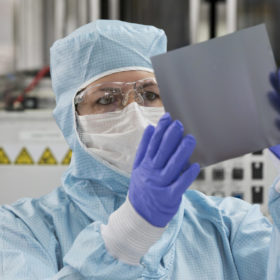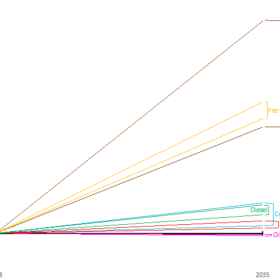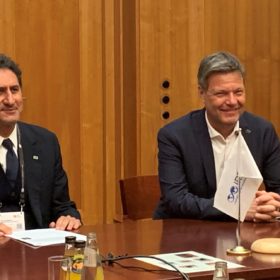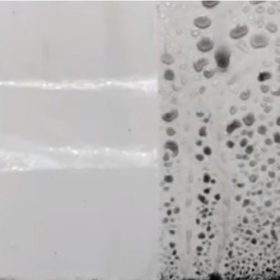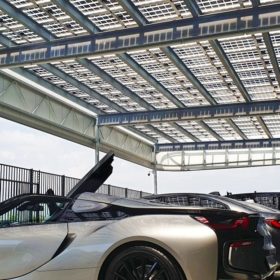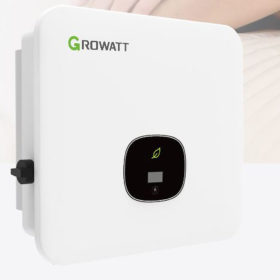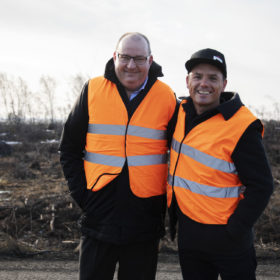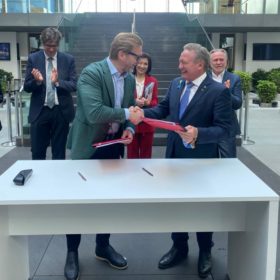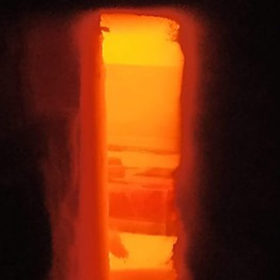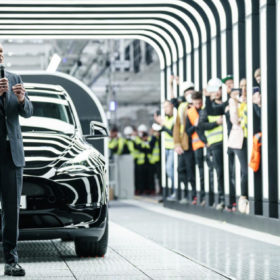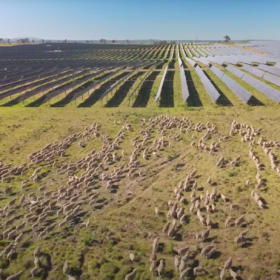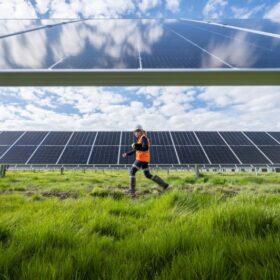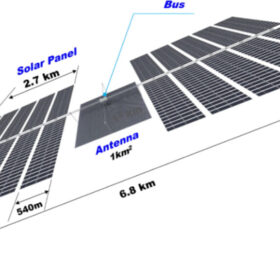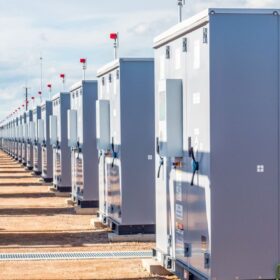New technologies, new opportunities
UK-based analyst Exawatt and Germany’s Nexwafe published a white paper this week that takes a close look at the current state of PV manufacturing worldwide, and how Nexwafe’s innovative wafer production tech might fit into it. They said that if the potential of its Epiwafer can be realised, the PV industry may yet see “another revolution in wafer manufacturing.”
Ukraine invasion reshaping discussion about energy, pricing, renewables
Indra Overland, the head of the Center for Energy Research at the Norwegian Institute for International Affairs, tells pv magazine how the Ukraine war is irreversibly changing the global energy landscape, making massive renewables deployment a certainty. But labor issues, equipment shortages, and reliance on Chinese manufacturing remain obstacles.
Stimulus for green hydrogen demand crucial for the energy transition
The Berlin Energy Transition Dialogue 2022 event has shown the centrality of renewables and green hydrogen in the world’s future energy landscape. pv magazine spoke with the General Director of the International Renewable Energy Agency, Francesco La Camera, about the difficulties of creating a hydrogen economy in the absence of demand. According to him, public support and policies will be crucial to overcoming this challenge.
French consortium develops self-cleaning solar module coating
French chemical company Axcentive and solar module manufacturer Photowatt have developed a PV panel coating based on photoactive nanotechnology. The coating relies on a super-hydrophilic surface that makes the water spread out on the module surface immediately, thus avoiding light scattering effects upon rain.
Bifacial solar modules with 30% transparency rate for agrivoltaics, carports launched
Slovenian solar manufacturer Bisol is offering its new product with outputs of 260 and 300W, respectively. Front efficiencies ranges from 13.5% to 14.0% and the temperature coefficient is -0.35% per degree Celsius.
Growatt unveils new inverter for residential applications
The new device has an efficiency of up to 98.6% and a European efficiency of up to 98.1%. It features up to two maximum power point tracking (MPPT) inputs, with MPPT voltage ranging from 140-1,000V. While the inverter is currently only available in China and Europe, the company said it plans to launch it in Australia “soon.”
WA company recovering battery-grade vanadium from waste hailed by EU as on ‘cusp’ of major player status
A West Australian joint venture seeking to recover high-purity vanadium from a steel industry waste product using a carbon negative process has won the support of the European Union. “We’re not the first people to look at that project, but we’re the first people to look at it through a different lens and use this type of process,” Neometals’ General Manager of Commercial and Investor Relations, Jeremy McManus, told pv magazine Australia. The project, which is still in the early stages, is already been sought out by potential offtakers “desperate to secure green vanadium,” McManus added.
Fortescue to become Europe’s largest renewable hydrogen supplier with $50 billion deal
The deal between Fortescue Future Industries and E.ON, one of Europe’s largest energy network operators, will see the Australian company deliver five million tonnes of green hydrogen to Germany, the Netherlands and other European cities by 2030. “For us, it’s a minimum $50 billion expenditure. And that is one I welcome,” Fortescue founder Andrew Forrest said at press conference in Berlin overnight.
Thermophotovoltaic battery could store energy at $14/kWh
Developed by researchers in Spain, the battery uses renewable electricity to melt low-cost metals such as silicon or ferrosilicon alloys to produce and store latent heat, which is in turn used by a thermophovoltaic generator to produce power. According to its creators, the device may store electricity at a cost of €10 per kilowatt-hour (AU$14.6/kWh) for a 10MWh system.
Tesla opens gigafactory in Germany
The first Model Y electric cars have rolled off the assembly line at the US electric car manufacturer’s first European factory.
